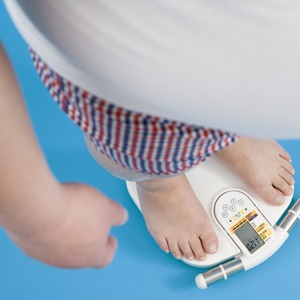
Prediabetes is a warning sign that your glucose levels are higher than normal, but not high enough for your condition to be diagnosed as diabetes.
While prediabetes can lead to complications such as nerve damage, raised blood pressure levels and raised cholesterol levels, it can be turned around. Here’s what you need to know.
When will I know I have prediabetes?
A normal fasting blood sugar level is 5.6 mmol/L. Anything between 5.7 mmol/L and 7.0 mmol/L can be considered prediabetic.
Prediabetes is an indication that you could develop type 2 diabetes if you don't make crucial lifestyle changes fast. Prediabetes usually leads to type 2 diabetes as this is the type of diabetes mostly linked to lifestyle factors and the most common type of diabetes people develop later in their life. Type 1 diabetes is when the body produces no insulin.
When your glucose levels are higher than they should be, you might not show any symptoms at all. But there might be some symptoms indicating prediabetes:
- An unusual increase in appetite
- Fatigue
- Thirst
- Frequent urination
If your blood glucose level is slightly abnormal, your doctor can diagnose prediabetes by means of the following tests:
- An oral glucose tolerance test
- A fasting blood sugar test
- A glycated haemoglobin test, which tests your average blood sugar over the preceding two to three months
Who gets prediabetes?
Researchers are not sure exactly why people’s glucose levels go haywire. There are, however, several risk factors that make you more susceptible to prediabetes:
- Being overweight
- A lack of physical activity and a sedentary lifestyle
- A family history of diabetes
- Your age. From the age of 45, your risk for diabetes increases.
How do I treat prediabetes?
- Our diabetes expert Dr Wayne May says that trials done in high-risk patients show that weight loss contributes to the recovery of prediabetics. He recommends following a Mediterranean diet as this has been proven reverse prediabetes in many cases. The following treatment methods may help reverse prediabetes:
- Losing excess weight
- Following a balanced diet
- Cutting out excess sugar and alcohol
- Exercising regularly
- Medication. Metformin may be prescribed for a prediabetic patient who is at a high risk of developing type 2 diabetes.
It is important to remember that prediabetes does not mean that you will develop type 2 diabetes. Prediabetes must, however, be taken seriously as this is an indication that you need to make lifestyle changes.
Image credit: iStock




 Publications
Publications
 Partners
Partners











